Description
SPRAY SOAP
Introduction:
With the increasing use of pesticides and fertilizers and the reduced effectiveness due to hard water, as well as the repetitive use of pesticides, compounds like soaps and other adjuvants help improve their absorption and efficacy. Even distribution of pesticide or fertilizer droplets, reducing the droplet size, helps maintain the health of the plant throughout the season.
Features:
The use of Perham’s Spray Soap, in combination with liquid fertilizers, helps to keep the liquid fertilizers on the plant leaves for a longer period, thereby increasing their effect. The soap, with its wetting and spreading properties, reduces the surface tension of droplets, acting as a wetting agent, allowing the sprayed particles to spread evenly on the plant leaves and parts.
Mixing the soap with the solution to be sprayed eliminates droplet formation, preventing burns on the plants. If the leaf surface is contaminated, spraying Perham’s Soap with water helps wash the leaves, making it easier for the plant to breathe, photosynthesize, and absorb carbon. For example, when dust from neighboring countries enters, the necessity for using the soap increases twofold.
Another advantage of using Perham’s Spray Soap is increasing the solubility of fertilizers. The activity of pesticides is significantly different in the presence of ionic surfactants compared to cationic and anionic surfactants. The choice of unsuitable surfactants may reduce the effectiveness of pesticides and damage the plant. Anionic surfactants are effective when in contact with pesticides that control pests through direct contact.
Non-ionic surfactants are mainly used with systemic pesticides, which are highly effective for pests like the pistachio psylla, and they help the pesticide penetrate the plant surface. It is important to know that non-ionic surfactants are compatible with most pesticides and are generally recommended. Perham’s Soap is made from 60% non-ionic and 40% ionic surfactants, fully homogeneous, and contains nicotineoid.
Perham Soap, with its insect-repellent properties, due to its natural insecticidal content, can also be considered an added advantage in pest control.
Application:
For all agricultural products.
Recommended dosage: 1-2 liters per 1000 liters of water for foliar application.
Packaging: 250 ml / 500 ml / 1-5 liters.
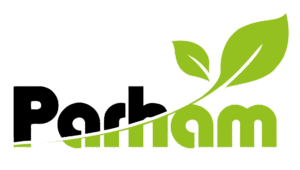





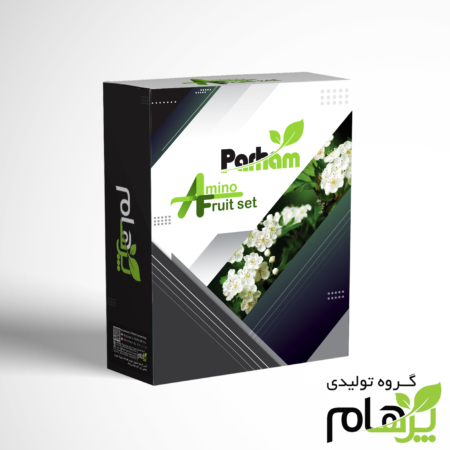
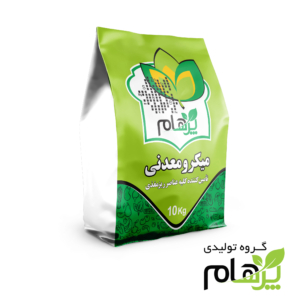
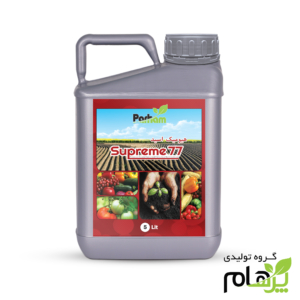
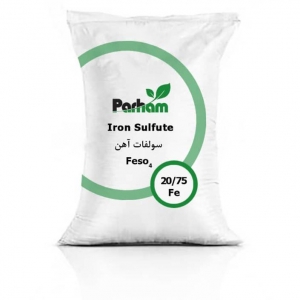


Reviews
There are no reviews yet.